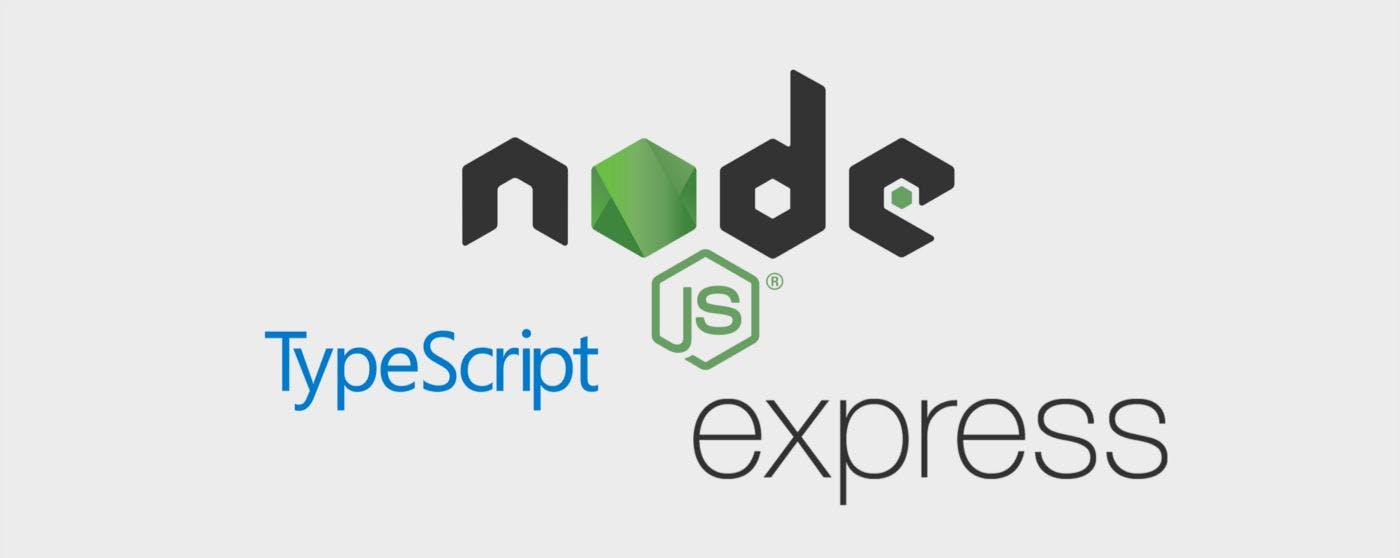24,620 reads
How to Setup a NodeJS App with Express And TypeScript
by
June 27th, 2022
Audio Presented by

I am a Senior Software Engineer. If you have any questions, you can contact me via [email protected] or LinkedIn
About Author
I am a Senior Software Engineer. If you have any questions, you can contact me via [email protected] or LinkedIn
